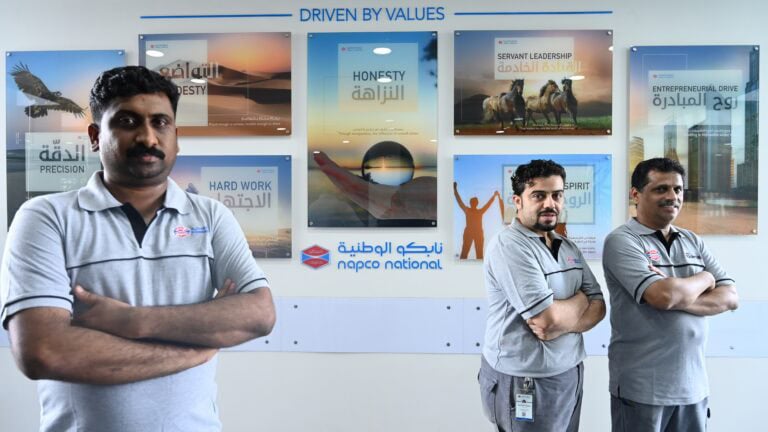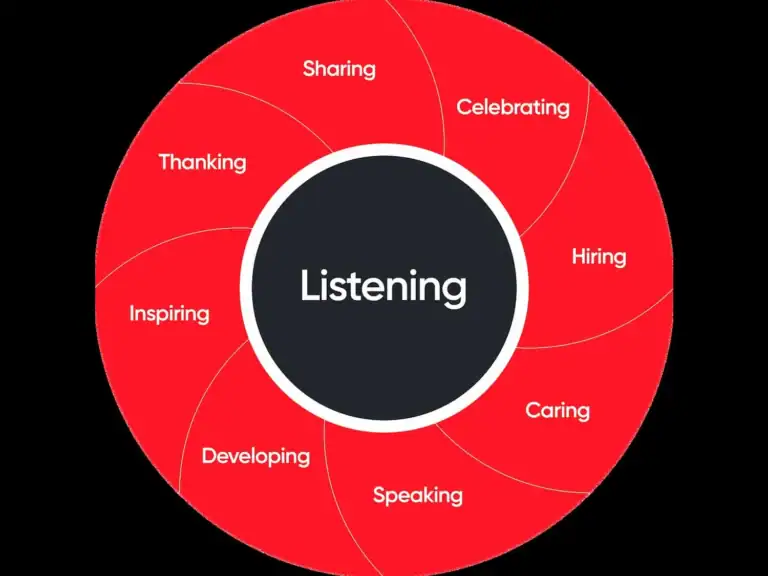The Essence of Equity: 4 Strategies to Enhance Fair Compensation in Kuwait Workplaces


Jana Saab
Michael C. Bush, CEO of Great Place To Work®, says, “Workers want to know that they will receive fair compensation for their work, be treated justly and impartially when considered for promotions, and be given equal opportunities for growth.”
Based on a research study of typical workplaces, only 54% of the employees believe that people avoid using politics or betrayal to achieve their goals; 45% of them feel that managers treat all employees fairly; and 51% assert that only those who deserve to be promoted receive it.
On the contrary, in the Great Place to Work® Trust Index© Survey, of the Best Workplaces in Kuwait, 85% of the employees recognize that politics and backstabbing are not used in the workplace to reach a certain goal, 87% of them feel that their managers avoid playing favorites, and 84% of the employees believe that promotions go to the people who deserve them.
Find out the four strategies to enhance fair compensation in Kuwait workplaces.
1. Establish transparency.
Managers should be clear and honest with their employees and tell them about the benefits they offer. The top organizations in the best workplaces succeed in welcoming new employees, fostering a positive work environment to preserve employee well-being, creating a sense of belonging, and mastering the art of listening. Here lies the significance of having a clear plan and being credible.
Based on the Great Place to Work® Trust Index© Survey, 94% of the employees in the Best Workplaces in Kuwait believe that their management sets clear expectations.
2. Link performance to compensation.
Rewarding employees for their performance encourages them to do their best to achieve the organization’s goals. This is done based on their achievements. In this way, you not only get employee satisfaction, but you also elevate the culture of your organization.
3. Set a fair compensation strategy.
Establishing fair compensation shows employees that they are valuable, which helps improve staff members’ performance and the organization’s reputation. In addition, innovation and creativity rates are affected positively.
The research conducted by Great Place to Work® in the Best Workplaces in Kuwait shows that 86% of the employees feel that they are paid fairly.
4. Be on top of the market.
Offering competitive packages in the market attracts talent to your organization; as salaries and benefits are offered to calibers based on experience and skills. You can also achieve ultimate success by offering financial support to train and mentor your employees.
Fairness has been achieved!
You can reach out to our team to get the guidance you need to be renowned as a great place to work. Creating a successful work culture can be achieved by avoiding playing favorites.
Get your company Certified™️

HR Trends in the Middle East 2026
What did 2025 teach us about people management, and what is on the outlook for 2026? From the disruptive forces of AI and skills-based hiring

What Makes Napco a Great Place To Work®? It Starts with Family Spirit and Ends with Impact
What Makes Napco a Great Place To Work®? It Starts with Family Spirit and Ends with Impact About Napco National Napco National has been part of the Saudi industrial landscape since 1956,

9 High-Trust Leadership Behaviors That Build Great Workplaces
Caring, Celebrating, Developing, Employee Experience, Hiring, High-trust leadership, Inspiring, Leadership & Management, Listening, Managerial Communication, Sharing, Speaking, Thanking Every employee should take these behaviors to heart whether or not they are people leaders. I often get asked

The Evolution of Workplace Culture: Why It Matters More Than Ever in 2025
One universal workplace experience is the emotional imprint left by an organization—its energy, trust, and sense of belonging. Although experts may agree on what constitutes

How Purunity Embeds Goodness into Work and Culture
People go where there is pride in the work they do. At Purunity, this sense of pride stems from our core mission: driving innovative and

Powerful Strategies to Cultivate DEI in Omani Workplaces
DEI is not only a buzzword! Developing a diverse, equitable, and inclusive work environment shows that leaders care about their employees, appreciate, and respect their
